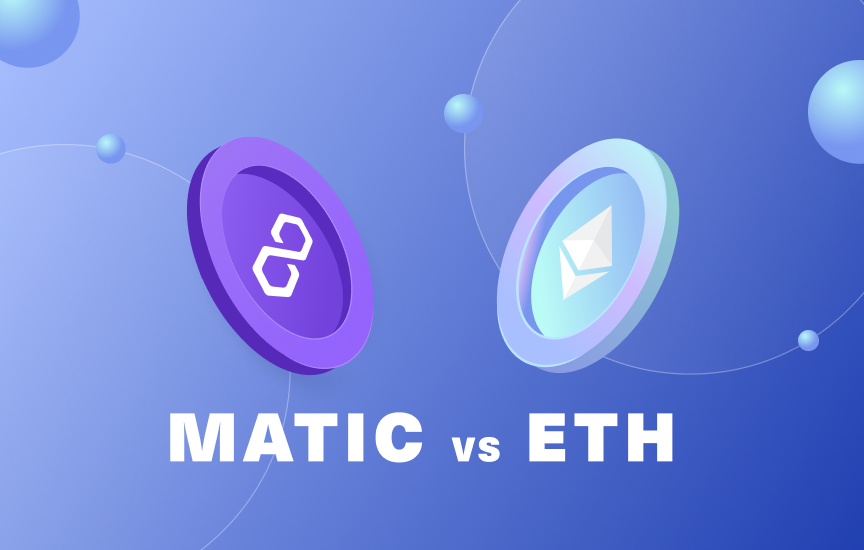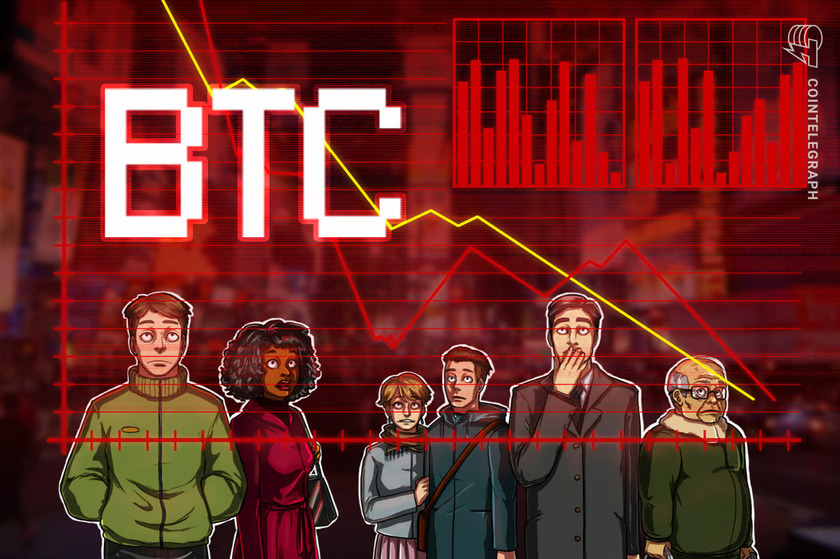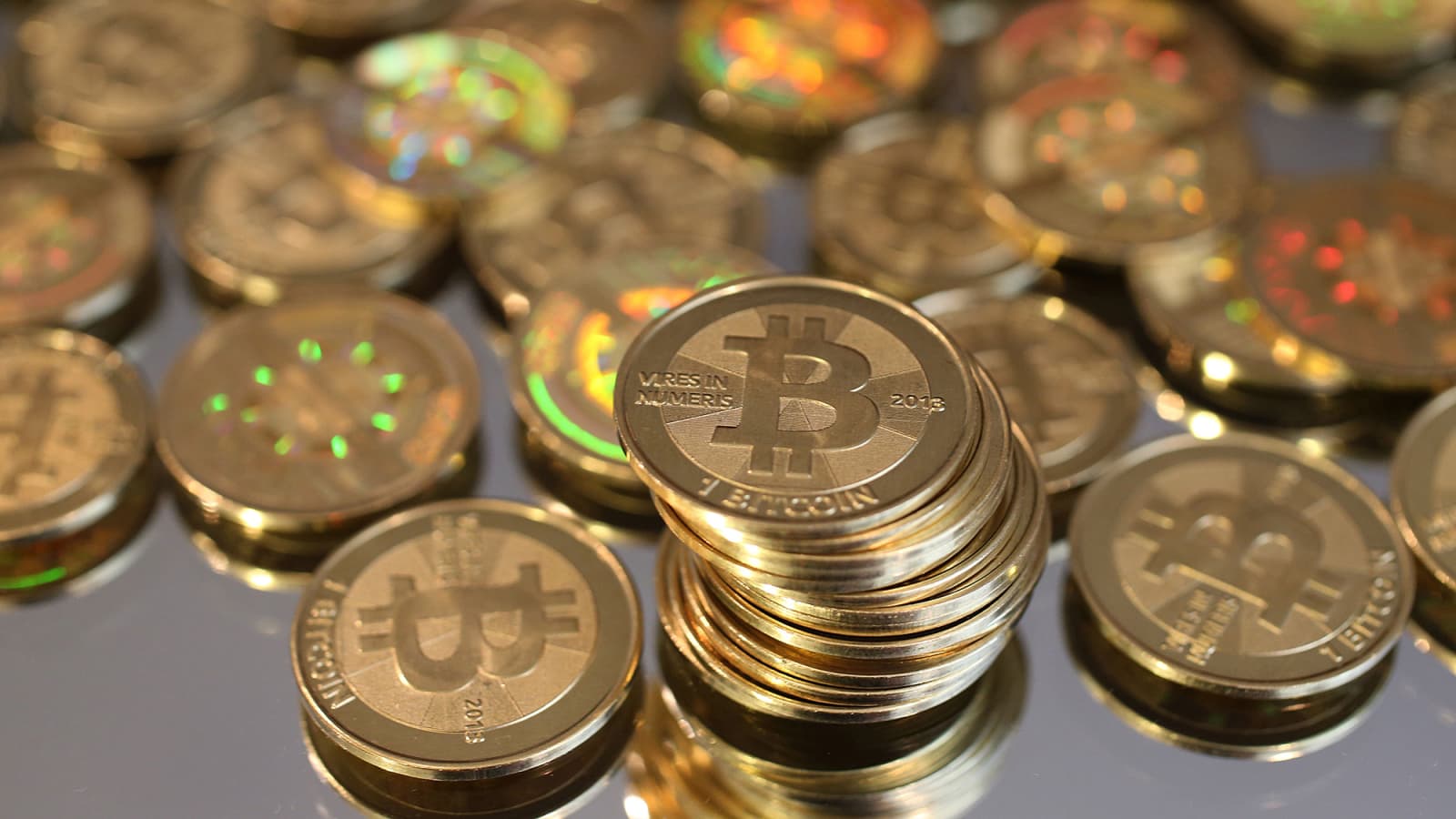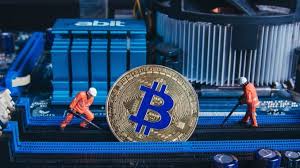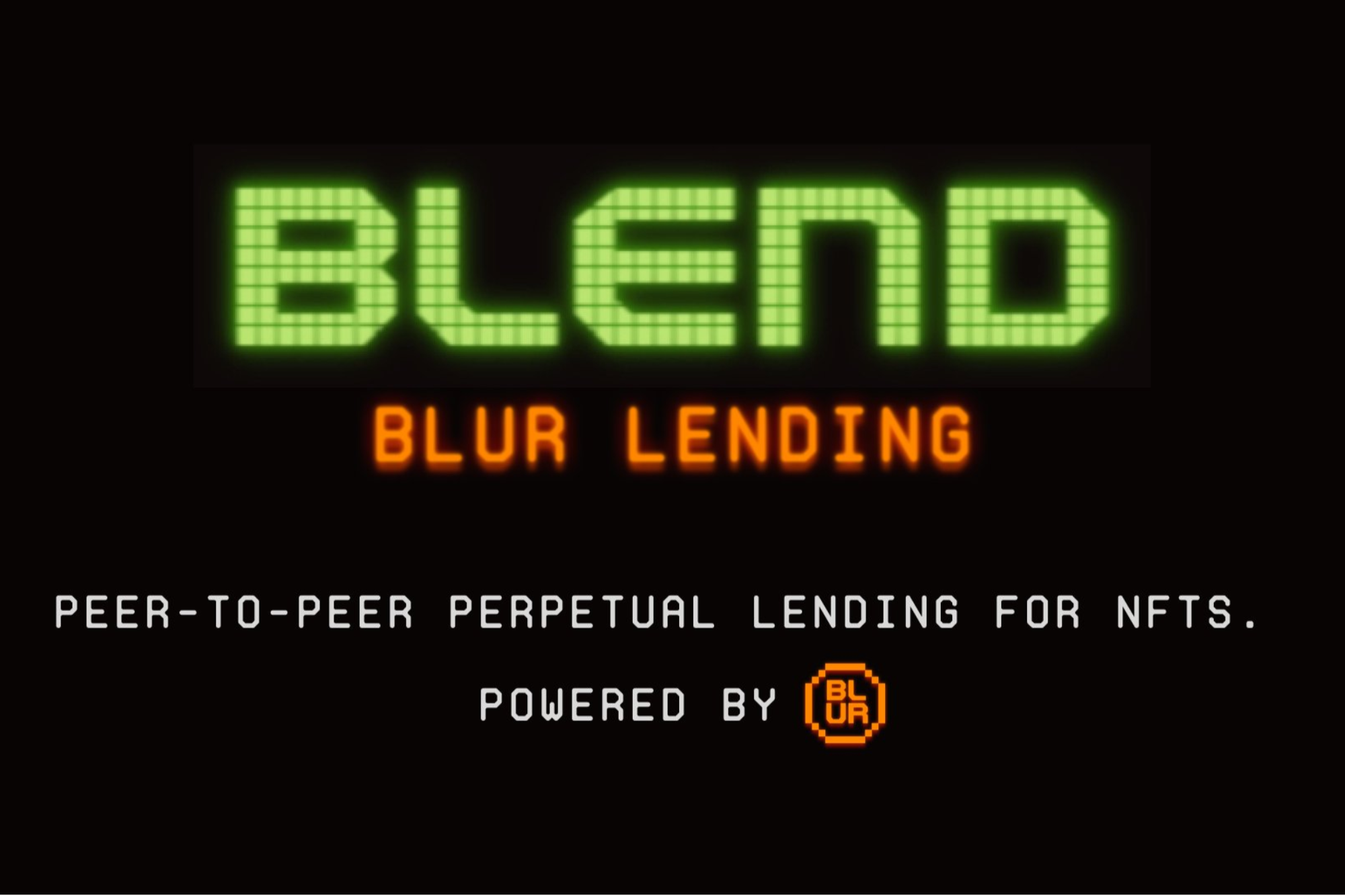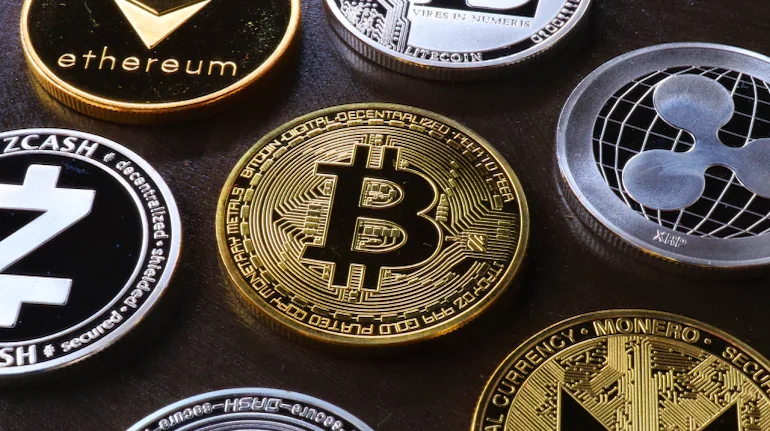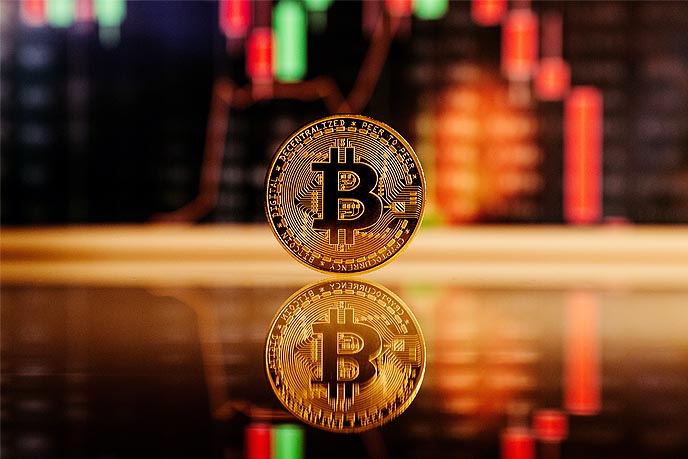Bitcoin Is Digital Gold Narrative Still Unproven Warns Expert Trader
The "digital gold" narrative is still unproven. Bitcoin is a relatively new asset class with a limited track record.
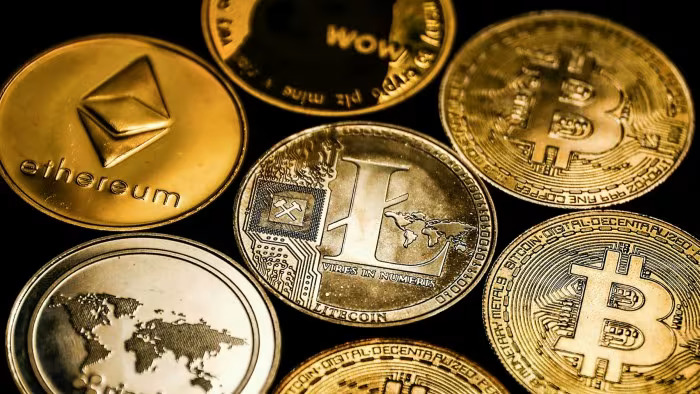
Bitcoin is often referred to as "digital gold" because it is a scarce asset with a limited supply. However, an expert trader has warned that this narrative is still unproven and that Bitcoin could face a test of its store-of-value proposition during an impending recession.
Christopher Inks, co-founder of market research and educational firm TexasWest Capital, told Cointelegraph in an interview that Bitcoin's price volatility and lack of correlation with traditional assets make it less suitable as a store-of-value than gold. He also pointed out that Bitcoin is still a relatively new asset class, and its long-term track record is limited.
"Bitcoin is a scarce asset, but it's not clear that it's a good store of value," Inks said. "It's still too early to say whether it will be able to withstand the test of time."
Inks' comments come as Bitcoin is facing a number of challenges, including rising inflation, interest rate hikes, and a potential recession. The cryptocurrency has lost more than 50% of its value since November 2021, and some analysts believe it could fall further.
What is the "digital gold" narrative?
The "digital gold" narrative is the idea that Bitcoin is a digital alternative to gold that can be used as a store of value and hedge against inflation. Proponents of this narrative argue that Bitcoin has many of the same properties as gold, such as scarcity, durability, and portability. However, there are also some key differences between the two assets.
For example, Bitcoin is a digital asset, while gold is a physical asset. Bitcoin is also more volatile than gold, and it has a shorter track record. Additionally, Bitcoin is not as widely accepted as gold as a form of payment.
Why is the "digital gold" narrative still unproven?
There are a few reasons why the "digital gold" narrative is still unproven. First, Bitcoin is a relatively new asset class, and its long-term track record is limited. Gold, on the other hand, has been used as a store of value for thousands of years.
Second, Bitcoin is more volatile than gold. This is because Bitcoin is a digital asset, and its price is determined by supply and demand on cryptocurrency exchanges. Gold, on the other hand, is a physical asset, and its price is determined by supply and demand on physical markets.
Third, Bitcoin is not as widely accepted as gold as a form of payment. This is because Bitcoin is still a relatively new asset class, and it is not as well-known as gold. Additionally, some businesses are hesitant to accept Bitcoin as payment because of its volatility.
Could an impending recession test Bitcoin's store-of-value proposition?
An impending recession could test Bitcoin's store-of-value proposition. During a recession, investors typically sell risky assets, such as stocks and cryptocurrencies, and buy safe-haven assets, such as gold and bonds. If Bitcoin is unable to hold its value during a recession, it could undermine the "digital gold" narrative.
The "digital gold" narrative is still unproven. Bitcoin is a relatively new asset class with a limited track record. It is also more volatile than gold, and it is not as widely accepted as gold as a form of payment. An impending recession could test Bitcoin's store-of-value proposition.
Should you invest in Bitcoin?
Whether or not you should invest in Bitcoin is a personal decision. There are many factors to consider, such as your risk tolerance, investment goals, and time horizon. If you are considering investing in Bitcoin, it is important to do your own research and understand the risks involved.
Here are some additional things to consider
- Bitcoin is a volatile asset. Its price can fluctuate wildly, making it a risky investment.
- Bitcoin is a new asset class. Its long-term track record is limited, and it is not yet clear how it will perform in different market conditions.
- Bitcoin is not as widely accepted as gold as a form of payment. This could limit its usefulness as a store of value.
If you are considering investing in Bitcoin, it is important to weigh the risks and rewards carefully. You should also consider investing a small amount of money that you can afford to lose.
What's Your Reaction?








